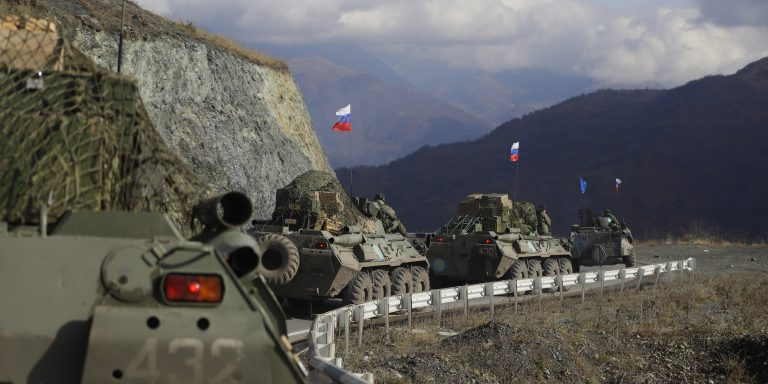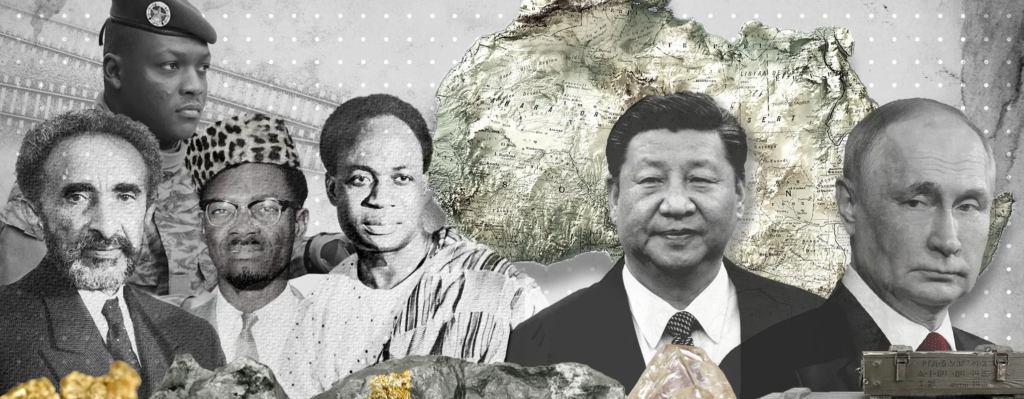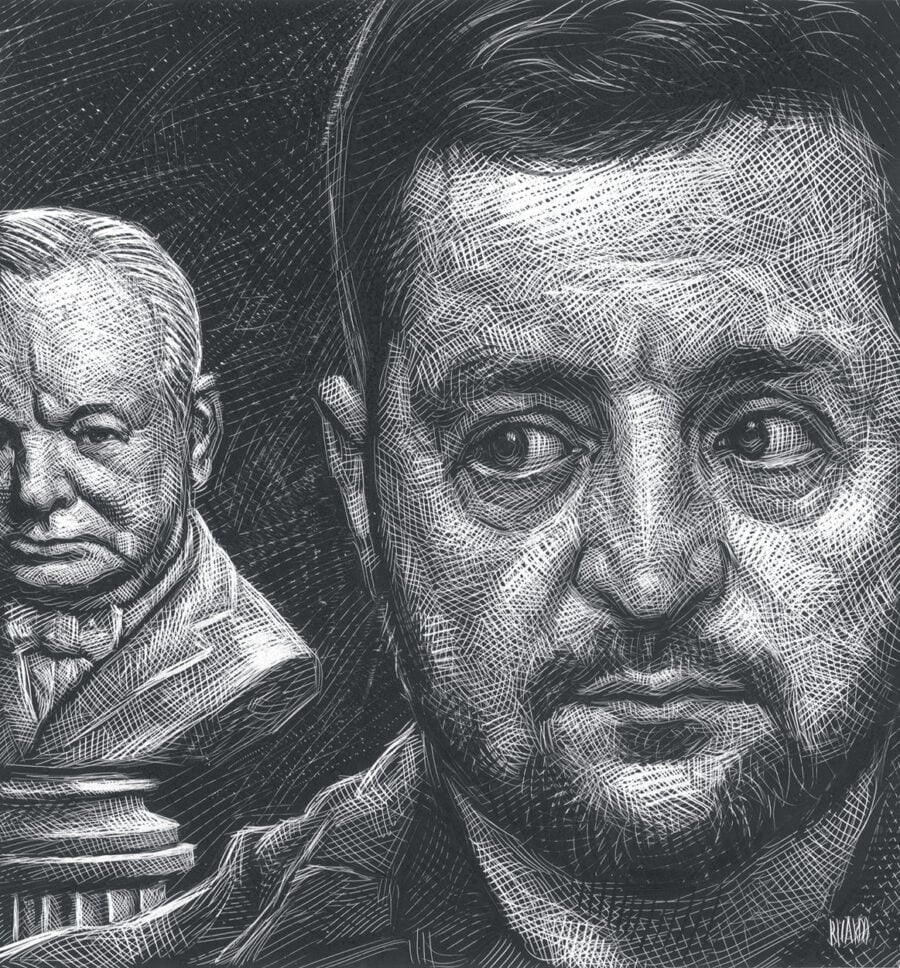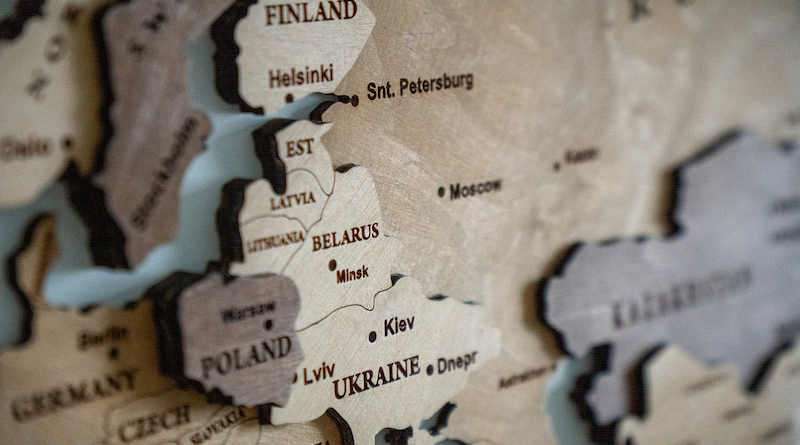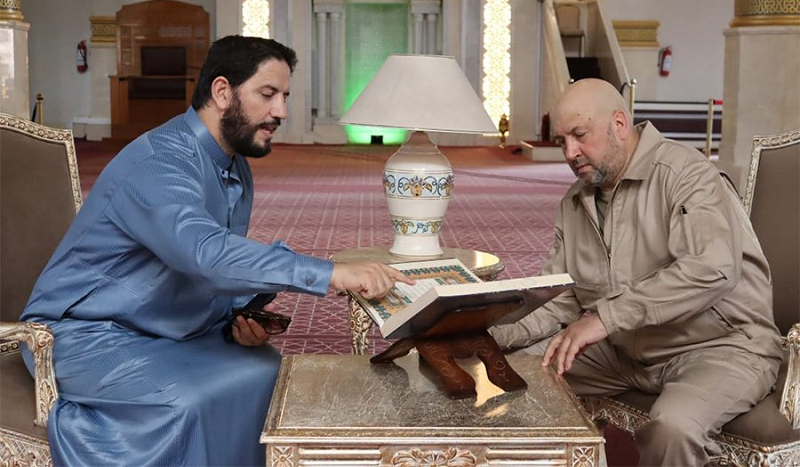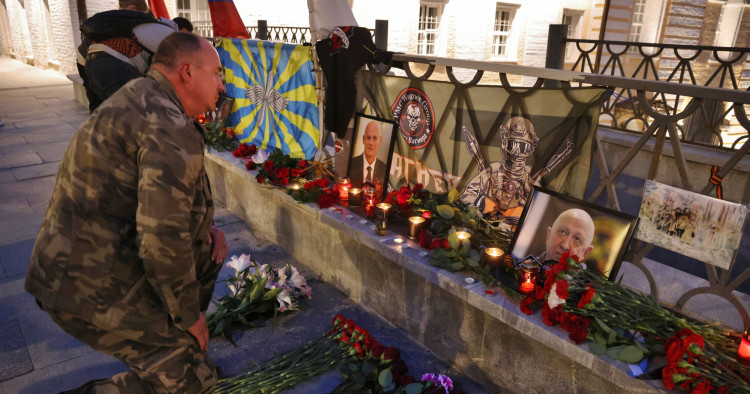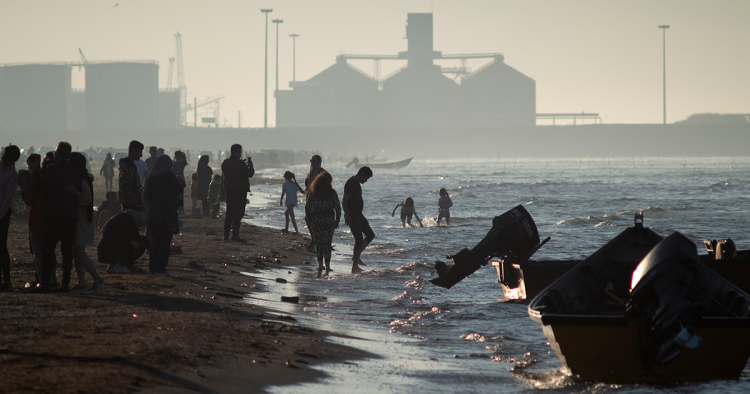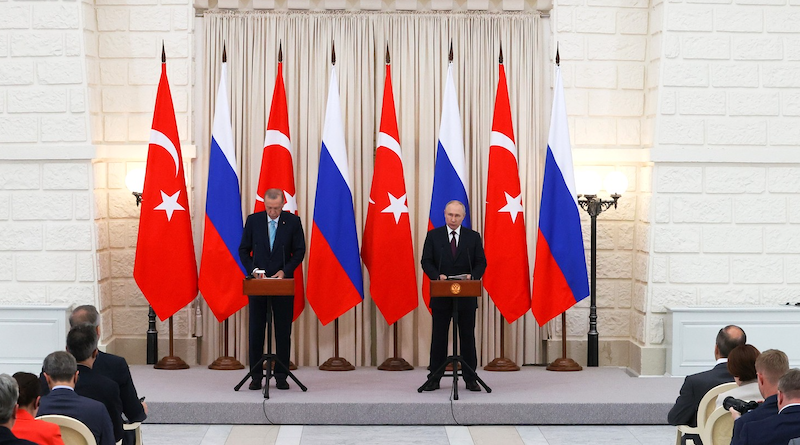La «géométrie variable» de Blinken pour une nouvelle guerre froide
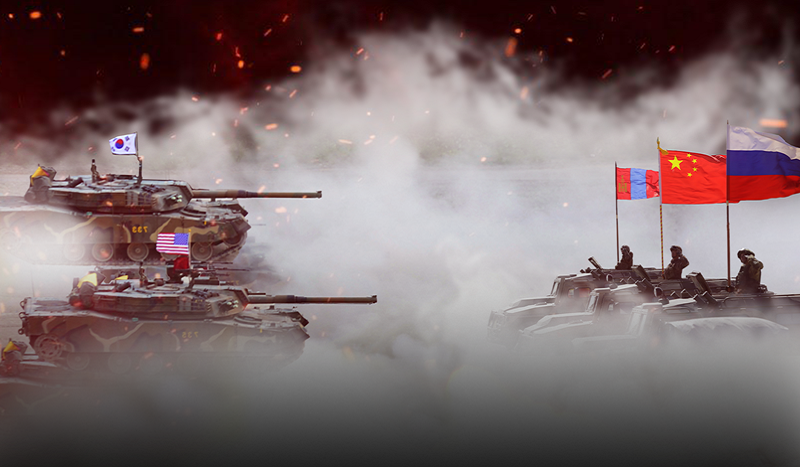
La semaine dernière, le secrétaire d’État Blinken, dans un discours prononcé à l’université Johns Hopkins, a déclaré sans ambages :
«Ce à quoi nous sommes confrontés n’est pas un test de l’ordre de l’après-guerre froide. Les pays et les citoyens perdent confiance dans l’ordre économique international – leur confiance est ébranlée par des failles systémiques… Plus ces disparités persistent, plus elles alimentent la méfiance et la désillusion des gens, qui ont le sentiment que le système ne leur donne pas une chance équitable».

